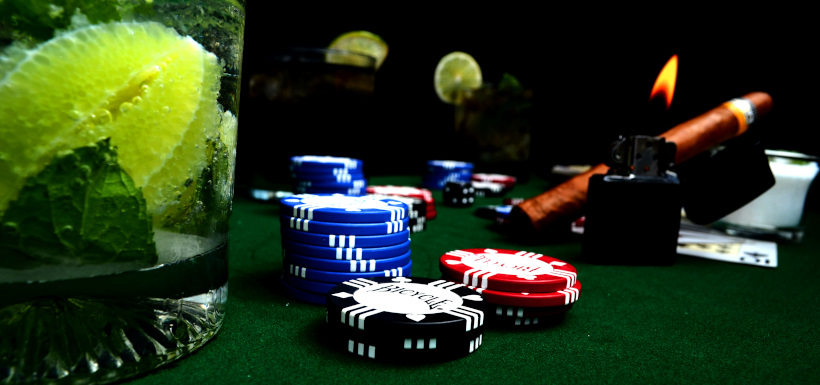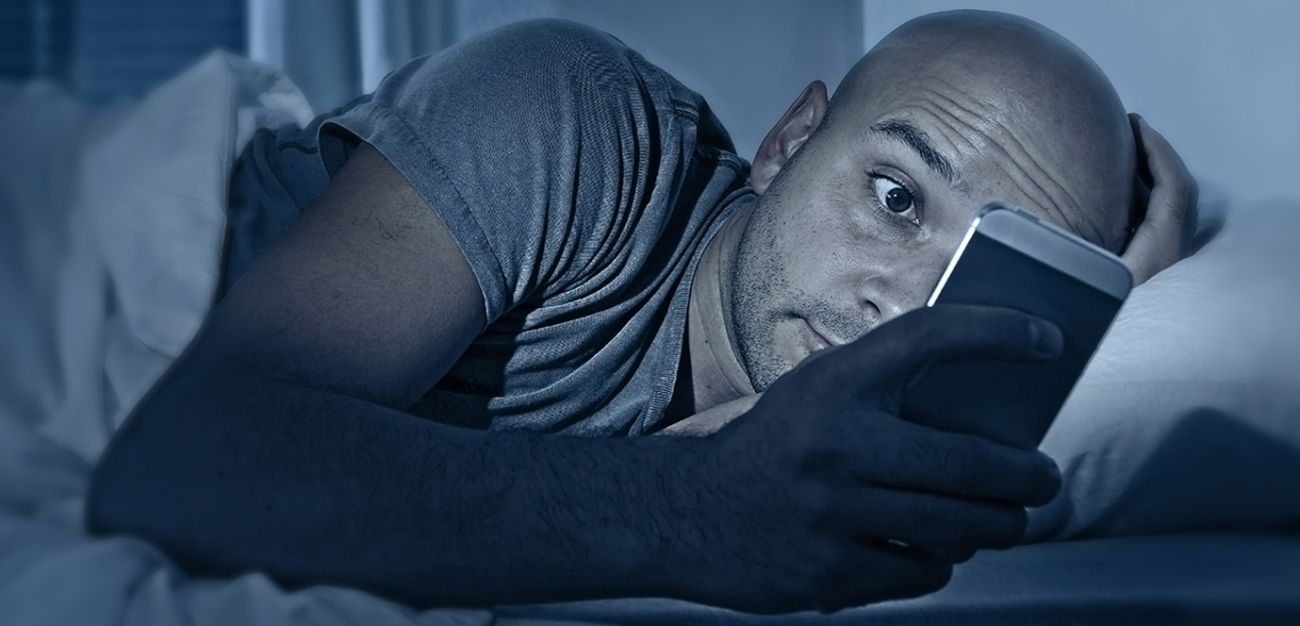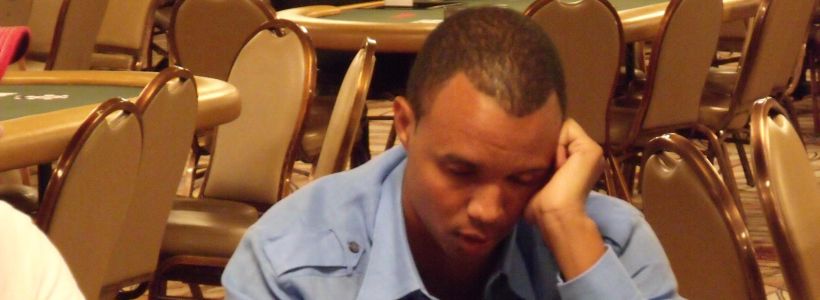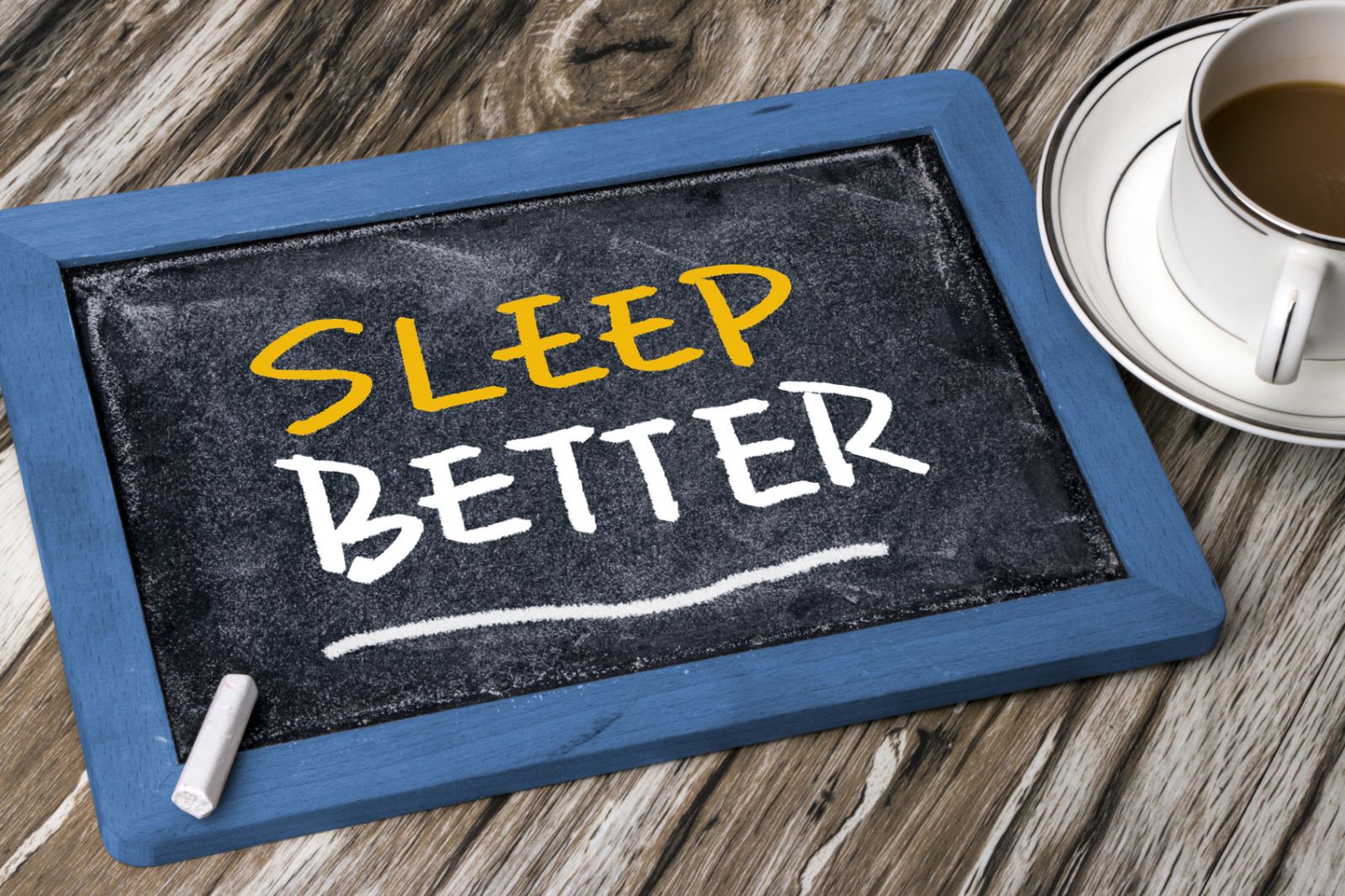
For a long time now poker has been about much more than betting patterns. "The Poker Mindset" written by Ian Taylor and Matthew Hilger introduced the idea of healthy mindset being just as (if not more) important than gameplay skill, into the collective consciousness of the poker world.
Further investigation of the idea of healthy poker mindset revealed that just like we can't really look at the single street in isolation when determining if the entire line is viable we also can't attempt to fix someone's psyche without considering the role that healthy body plays in the process. That's why things like diet or healthy sleeping schedule are tremendously important and the latter will be the subject of this very article.
Sleep 101
We live in a sleep-deprived society. Most of us fail to get the healthy 8-9 hours of sleep each night and many of us try to get by with 5-6 hours or less which - while possible for some genetic outliers - usually results with a substantial quality of life decrease, negative effect on our health and mental performance - which is especially important from poker player's perspective.
On top of that, we often choose to disregard the circadian rhythm our body is designed to operate within and while it might make some sense for a poker player to grind at night there's usually no excuse for trying to artificially stretch our day beyond 24 hours.
Contrary to a popular belief, our brain doesn't just turn off when we go to sleep but rather engages in a series of very specific tasks that are vital to our overall well-being. Sleep greatly affects our ability to memorize things, research shows that we can predict how much we'll improve on a skill that we've learned a day prior based on the length and quality of our sleep.

Fixing Your Sleeping Schedule
Like with many other bad habits, the best way to go about fixing a broken sleep schedule is to adjust your environment and behavior. First of all, one of the evolutionary reasons for sleep is the fact that it was hard for our ancestors to maintain a positive energy balance at night when it was particularly dangerous and difficult to hunt or scavenge. That's why it made a lot of sense to minimize our energy expenditure during night hours and that's why it's easiest for us to fall asleep in a cold, dark and silent environment.
Making sure that your bedroom fits these requirements is the first step on a road to maintaining a healthy sleeping schedule. Expensive bedroom renovation is obviously not necessary and the changes can be as easy and cheap as buying an eye mask and some ear plugs. It's also very important to prevent any blue light exposure at least 30-60 minutes before sleep. Your computer or phone screen can greatly interfere with your sleep, cutting down your melatonin production in half!

When it comes to behavioral changes it might be beneficial for you to establish a bedtime ritual. Children provide us with the best example of culturally established bedtime ritual at work. Our parents told us bedtime stories or sang lullabies and while you might feel too old for those there are plenty of other tools you can use when constructing your bedtime routine.
10-15 minutes of yoga or meditation, reading a book or simply brushing your teeth can work just as well. Things you should avoid just before going to bed are drinking alcohol, blue light exposure (like we discussed above), eating and exercise. While working out during the day can actually help you fall asleep at night raising your heart rate at night isn't exactly the best idea.

Supplementing Your Sleep
It's important to point out that most people will be able to get their sleep in order without the use of any supplements or medication by simply changing their environment and behavior. Also, antihistamine drugs will usually do more harm than good when it comes to your sleeping schedule by making you feel awful the next day after using them and disrupting the process of making necessary behavioral and environmental changes that we've mentioned above.

Magnesium is most likely your best bet. More than half of the population is deficient in this mineral and it's absolutely vital for various metabolic processes happening in your body when you sleep. It also works as a mild natural sedative so taking it before sleep every night is a good idea. As for the dosage, it's always best to consult a professional but 300-500 mg is a good place to start.
Other than magnesium the most popular supplement that can aid your sleep is melatonin. It's a hormone that's produced in our bodies and regulates sleep. Melatonin is often prescribed as a cure for insomnia and it's certainly more heavy-duty solution the magnesium.

 More Top Rated Content
More Top Rated Content
Articles
- What Different Poker Games Should You Play?
- Live Poker Guide
- Zoom Poker Strategy - Learn to Crush Zoom
Coaching Videos

